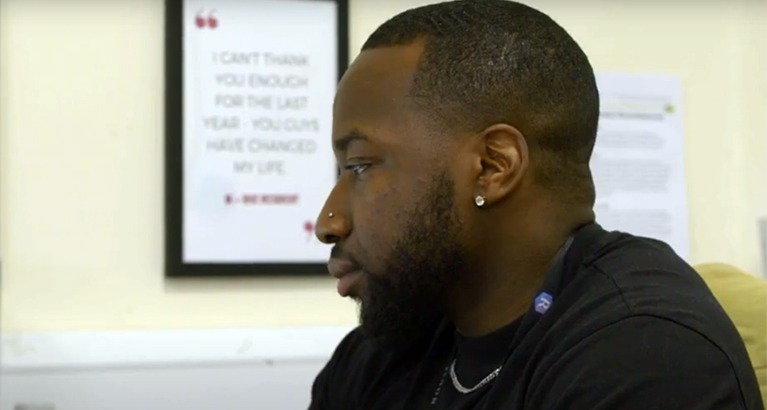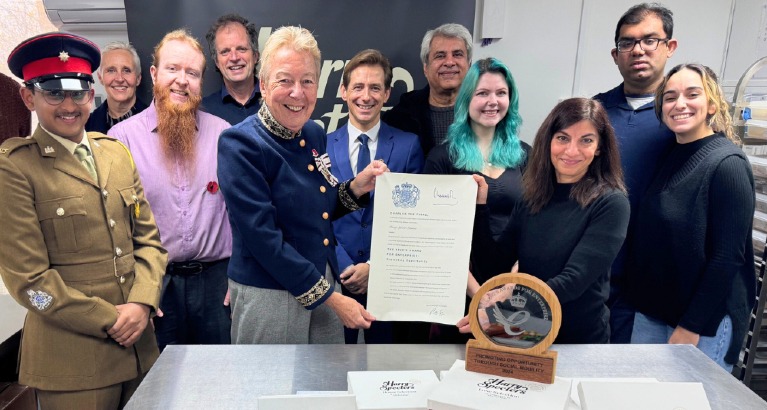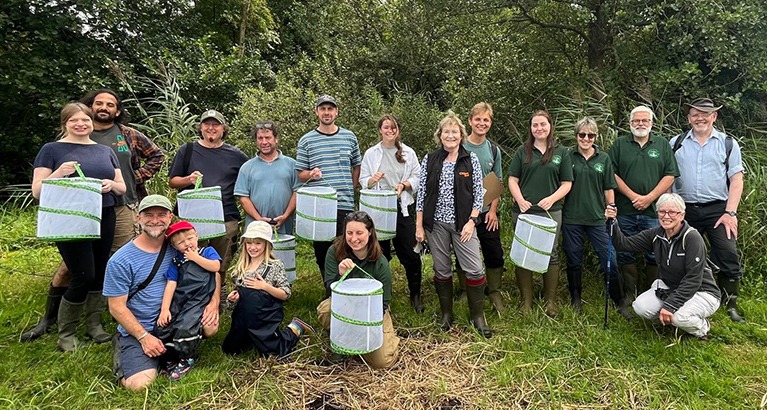Videos ranging from a prison tech venture to a supported housing provider are among a series of new videos about social ventures released by the Cambridge Centre for Social Innovation (CCSI) at Cambridge Judge Business School to highlight how people and firms can make a real impact on our society.
The short videos focus on ventures supported by Cambridge Social Ventures, part of the CCSI.
Demonstrating the diversity of social enterprise and its impact
“The videos are celebrating the success of these ventures,” says Nicole Helwig, Executive Director of CCSI. “More importantly, we want to show what is possible, and inspire others who want to make an impact. We chose examples that show a range of approaches because we want to emphasise the diversity in the sector. There are so many ways to do social enterprise.”
Extended versions of the video case studies will also be featured in the Centre’s new online Certificate in Social Enterprise and Impact Driven Business. The programme demonstrates how to do socially impactful business, and will also explore what larger organisations can learn from smaller and often more agile and innovative social startups.
The videos are produced by award-winning documentary maker Gordon Main, who makes films about social issues and whose company recently released a feature film “The London Recruits” will premiere at the Johannesburg Film Festival in late February 2024. The videos are made possible by funding from Cambridge-based Bluebridge Education group.
“We’re finding that young people have a strong interest in social enterprise,” says Jessica Tayenjam of Bluebridge. “It’s great to be able to show these stories in our teaching, and we’re really happy to be able to make them open access for other educators to use.”
Cambridge Social Ventures spotlights 4 ventures making a difference
1
Harry Specters
Harry Specters is an Ely-based firm which employs young adults with autism to make award-winning luxury chocolates. The venture is a “work-integrated social enterprise”, meaning that their staff are the venture’s beneficiaries. The unemployment rates for adults with autism are very high, but Harry Specters show that this need not be the case. All you need is an autism-friendly working environment, which means building a supportive team and listening to them about any adjustments they may need.
The reason for starting Harry Specters was employing autistic people, so that’s always there, It doesn’t have to be chocolate, it could have been software, so the core would have always been the same.
2
René House CIC
René House CIC is a Nottingham-based supported housing provider that offers high-quality housing with dedicated support and social care. An important issue is re-occurring homelessness, in that many people leave supported housing only to become homeless again. René House take an integrated approach, with the long-term prospects of their tenants in mind in providing not only housing but also in helping people to get their lives back on track.
I was very aware of street homelessness, like visible homelessness. But to be honest, I don’t think that until we really got into the industry we were aware of what’s called ‘hidden homelessness’ – people in overcrowded houses, people who are sleeping in their cars, and refugees who don’t have proper accommodation.
3
Prison Voicemail
Prison Voicemail is a Norwich-based technology venture that provides voicemail and video calls between prisoners and their families. They work with the HM Prison Service to ensure this provision is secure and safe. This service is important for prisoners, as they have better mental health when they are able to keep in touch with loved ones. Prisoners are also less likely to re-offend when they have been able to maintain family ties.
We help prisoners and families stay in touch, we give them the ability to leave messages for each other, to have live conversations and also to have video calls. We use a mobile app on one end and we use a traditional phone line on the prisoner end.
4
Supply Change
Supply Change are one of the 2023 Cambridge Social Innovation Prize winners, awarded by the Centre along with Trinity Hall. The London-based firm’s platform connects social enterprises with organisations wishing to engage in social procurement, which means buying goods and services from social enterprises. They offer ‘trusted supplier’ status to social enterprises passing their due diligence processes, and this makes social procurement easier and thus creates impact through supply chains.
Our mission is to increase the number of social and environmental suppliers in both public sector and private sector supply chains in the UK.
Cambridge Social Innovation Prize
Celebrating 4 outstanding social entrepreneurs for their achievement and ambition in creating social change through business.
Certificate in Social Enterprise and Impact Driven Business
A 10-week online programme for professionals, entrepreneurs and business leaders who wish to engage in social entrepreneurship or conduct socially impactful initiatives as part of their business portfolio.





